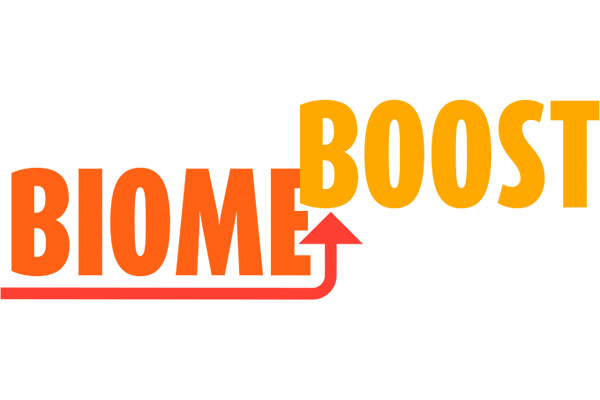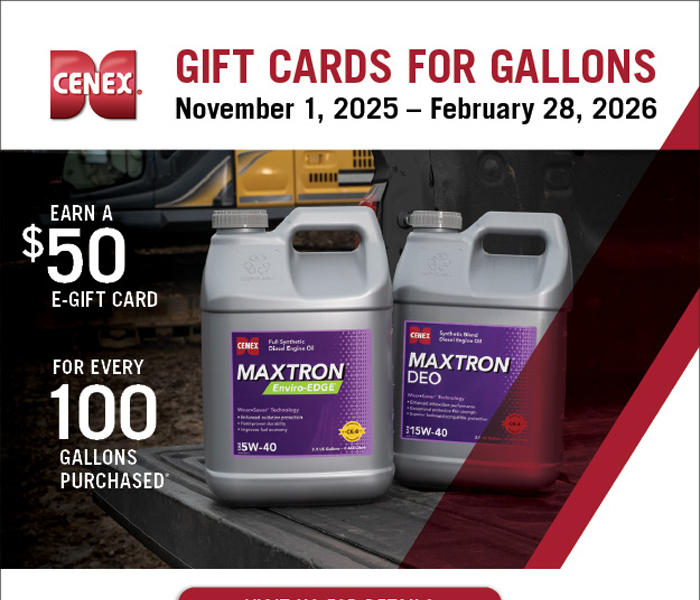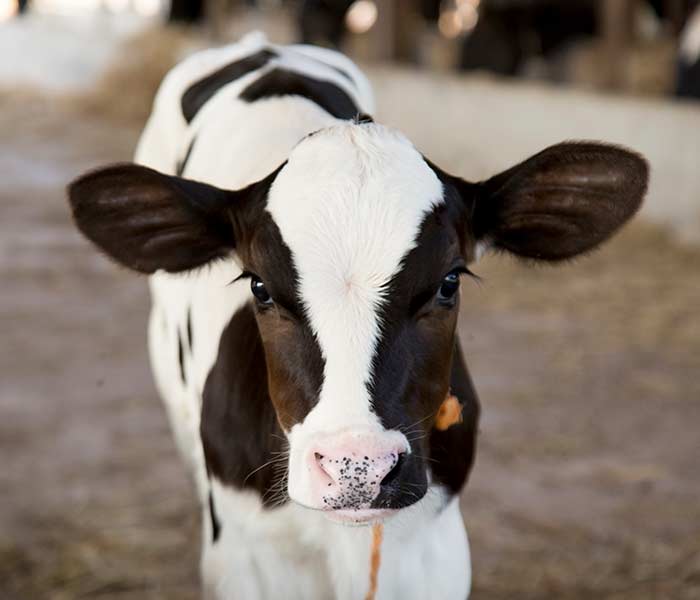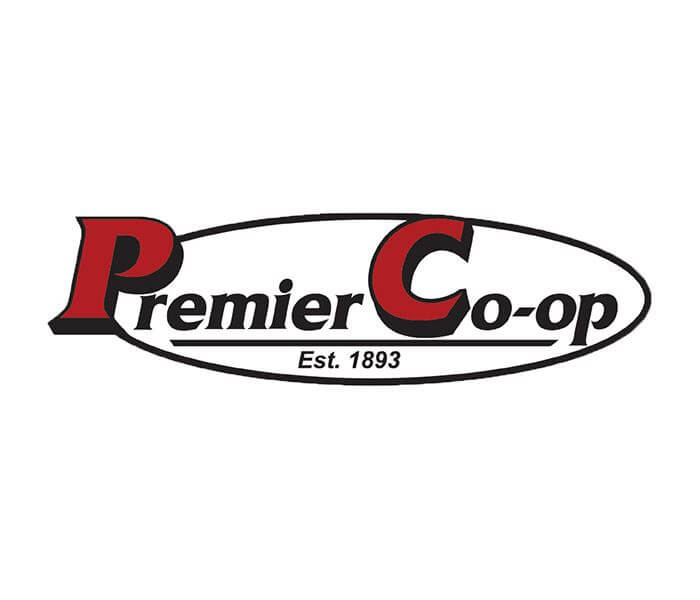Improved gut health leads to better overall calf health.
In recent years, microorganism based nutrition has been the new hot topic. As we learn more about the microbiome and the population of microbials in each region of the digestive tract, research is showing improved gut health, proper nutrition and stress mitigation help lead to better overall calf health.
Premier Cooperative is proud to introduce Biome Boost, a new feed technology that contains a specific combination of ingredients that improve the microbiome of the calf. The technologies in the Biome Boost include specific prebiotic, probiotic, live yeast, beta-glucans, MOS (Mannan Oligosaccharides), yucca, and a high intensity sweetener.
- Bioplus 2B - highly selected strain of probiotics which stop the growth of pathogens leading to improved digestive function of calves, nutrient availability of feeds, rate and efficiency of average daily gain (8.2%) and feed conversion (4.2%).
- Peloton Yeast - combination of live yeast and prebiotics to support immune health and fiber digestion. Includes MOS and Beta-Glucans for increased security around calf health and disease challenges.
- Saport - Yucca which supports gut health and integrity through improved nitrogen (protein) utilization and reduced ammonia emissions, promoting optimal animal performance and rumen development. Keeping nitrogen in the manure could also decrease nitrogen usage from additional sources.
- Molasweet - high intensity sweetener to encourage increased dry matter intake earlier in the calf’s life, improving energy utilization and average daily gain. Molasweet is 250 times sweeter than regular molasses.
Some benefits of a healthy microbiome include: reduced frequency of toxic substances, improved calf wellbeing, less use of antimicrobial drugs, lower incidence of pneumonia, and improved animal performance (milk production, reproduction, lameness and longevity of animals in the herd).

Contact your local Premier Nutritionist for more information on our new Biome Boost technology.
Jeff Ehlers
Purina Animal Nutritionist





